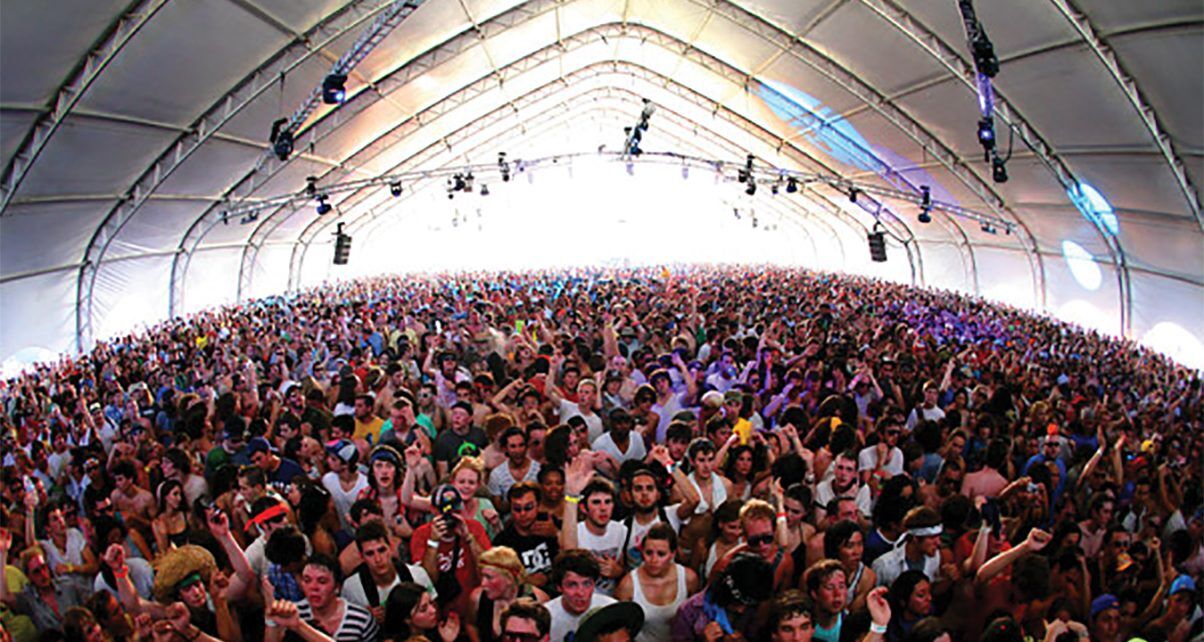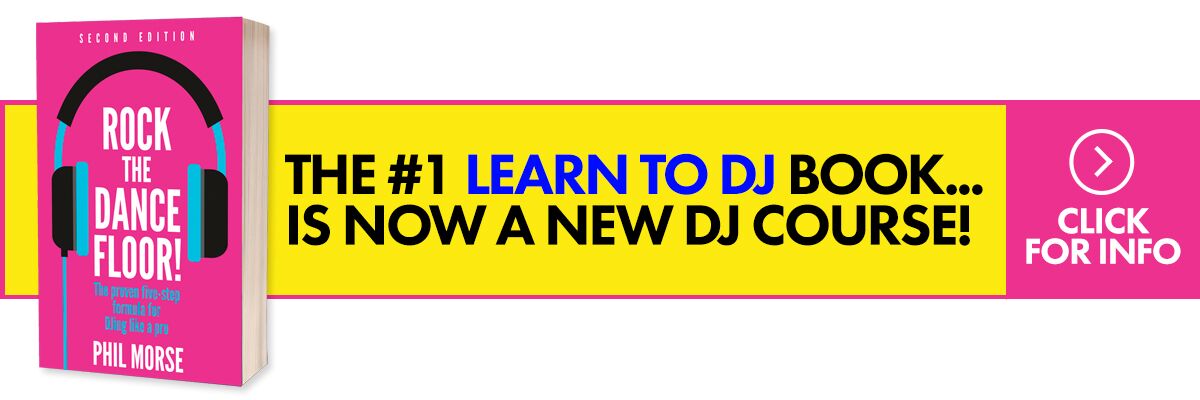Pic: mybodyhealth
Playing a festival is an awesome experience, quite unlike a club. But there’s also plenty more that can potentially go wrong. So, what do you need to know to make sure you leave with all you came with, payment in pocket and a sense of great achievement?
If you’re playing as a headline act at a festival you’ll probably have people to help sort everything out for you, so you can stop reading now! But you’re more likely to find yourself as a less high-profile booking. Having played at several festivals myself and learned some of these lessons the hard way, here are my top tips for successfully handling this type of booking:
1. Get it all in writing
Arrangements at festivals are necessarily more complex than they tend to be for a straight club gig. So make sure of the following:
- Where you need to be and at what times. Have a copy of your itinerary that you can update when you get to the festival, because things happen and get changed
- That the organisers know, and confirm, what equipment you need. A power strip is equipment, and so is a table. So is a secure lock up for your kit, if you plan to be there when you’re not needed
- That the organisers know, and confirm, your rider. You want to eat and drink, don’t you? Don’t assume anything
- How/when/where to get paid. You typically need to check in with a production desk on arriving on site to confirm you are there, get passes/vouchers/etc and then return there later for your money
- Where you are sleeping and how you are travelling to/from the site. Many bookings do not come with a travel package or even a hotel or tent
2. Pack light
The less things you have to carry/plug in, the better. No external drives. No USB toys. Some CDs (or even some vinyl) might buy you time in the event of a laptop emergency – but you carry those anyway, right?
3. Go SSD
Many DJs swear by solid state drives nowadays, so the vibrations don’t destroy their hard drives. You might want to, too.
4. Take surge protection
On the other end of your power strip could very well be a generator and along the route to your laptop you might find floodlights, fridges, mobile phones – you name it. Expect a very noisy supply of power, so take a surge protector to compensate for it.
5. Protect against dust and mud
Expect dust and mud, and plan for them. If you’re in a tent and the weather is good (pray it is) then all those feet dancing away are going to create a lot of dust in the air. I’ve been in tents so thick with it that you can’t see the entrance.
A dust cover for your keyboard is a great idea since the keyboard is the perfect place for dust to settle onto, into and through. Consider a full cover for all your kit when not in use, such as when a band is on. Also, think about sealing the CD drive with tape if you’re doing festivals and don’t need it. Optical lenses don’t like dust.
(And if you’re smiling because you’re playing on a beach; what, you think that sand is going to stay under your feet the whole time?)
If the weather is bad, there will be be mud. If you usually use a case with wheels, take the strap with you. If you normally wear Cons or Vans, seriously consider boots or wellies. Trench foot is not pleasant and dragging a case through mud isn’t fun either.
6. Up the quality of your music files
Festival sound systems are often huge and your 192kbps MP3 files are going to sound like the lossy format they are. Think about getting as much of your music on lossless format as you can (FLAC/WAV), otherwise go for 320kbps. If you are playing around/between bands it will be even more noticeable, by the way: The bands will sound great, you will sound far away in a tin can.
7. Turn up early
You won’t be a priority in many cases and the organisers might be unprepared for you. Arriving early gives you time to fix things. Plus, festival organisers hate late running and the chances are you are not the most important thing on the bill; you don’t want to get bumped for a CD.
8. Stay on the right side of your engineers
As with club gigs, speak to the engineers and do what they tell you. They can choose to help you, be indifferent or completely screw up your set. The choice is yours, and theirs. I’ve seen DJs get volumes pushed way up just by doing it right, and others left at the mercy of the compressor.
In festivals, where sound can carry (and carry off) on the wind, it pays to have the engineers on your side.
9. Watch out for light fingers
Don’t leave your stuff unattended. Seriously. There are a lot of people who get passes for these things who will walk off with stuff given half a chance. CDs, headphones and cables have been worst hit for me and my mates, but anything could go, and that could not only piss you off but make you unable to play.
10. Promote your presence
Use Twitter and Facebook so people know you’re on, and they might come check you out. Finding out what the #hashtag for the festival is is a good idea.
11. Know your bands
If you’re playing before, between, or after bands, think about what you should play that little bit harder. It makes sense to act as a bridge, so if you know the bands’ styles, they will appreciate it, as will the crowd.
• Mikey (Mikey Four) is a London-based DJ who has also played regularly in Munich, Barcelona, Ghent, and Madrid as well as at a number of festivals/events including Camden Crawl, Reading, Reeperbahn and Isen. Fully digital since 2009, he currently writes and speaks about DJing (see his TEDx video), hosts a radio show and is learning digital production. Visit his Facebook Page
Are you booked to play at a festival this summer? Have you got any festival DJing stories you’d like to share with us? Any tips you’d like to add? Let us know your thoughts and experiences in the comments…


